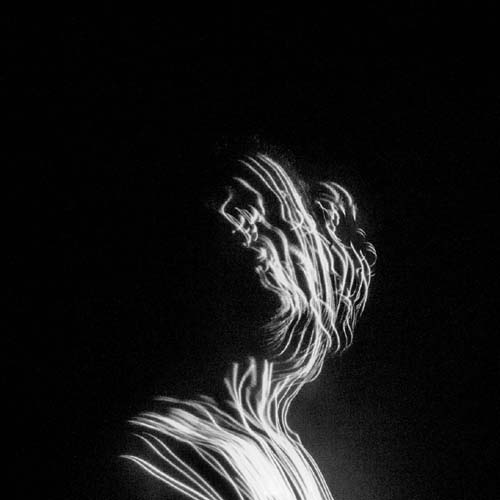
Agora Ágora Nin caricia, nin mimo para a emoción orixinal DENÍS ESTÉVEZ 4 October, 18 / 20 January, 19 Rooms 4 and 5. First Floor
“Agora Ágora”
Neither a caress nor a cuddle for the original emotion.
Agora Ágora is sharing. As the process gradually evolved in a specific space, the implication of the original idea gradually changed towards a raw and explicit individuality demarcating the ensemble’s territory. Without fleeing, the different obstacles are analysed at the time they are dealt with. During the sessions there arose doubts, which became more and more urgent as the months went by, managing to collapse almost all of the preliminary ideas.
A.Á. was meant to be for everyone but the final conclusion is “the space per se, which exists inside the box.” Almost on the verge of being schizoid, the images are composed instinctively; they cause negation and fighting, creating an inner twisting that is inseparable from our being at the moment of intimate analysis.
The technical processing of the image proved to be anything but orthodox; intuitive and abusive in a large part of the process. It can be compared to the psychological abuse that we sometimes inflict on ourselves. The tools enabling the moulding of the material become a noose and a scarf around the neck, a strangling that does not kill and does not leave any marks on the skin. That explains the noise, the contrast and the lack of focus. The harsh light in contrast to the profound shade, in opposition to each other, segment the field separating them.
A.Á. as a diary of absent faces, of anti-aesthetic postures and altered criteria belongs to a single person, to nobody else. It represents those solitary urban women and men in society, blurred due to an imposed anonymity. It does not symbolise the group; each one has to accept it, it has to be interiorised individually, if we want to take this voluntary step.
The provocation is simple: the fact of not exploding every day is what is difficult. The impossible hides in the clear-eyed look from our past, in the unselfish opinion, in the absence of all doubts when faced with the unknown.
The photographic wonder is altered by the loss of respect for the act of photographing and observation. At all times, we have in our hands a machine to make the most of by “looking,” instead of “seeing,” one of the real freedoms; the infinite, in the interpretation of the eyes. The dancing leaf knows that tomorrow, once fallen, it will be stepped on. The drop falling straight down is ecstatic on seeing the river that made it lose its shape so many times.
“Walking among the brambles”
“Pothole, you hid again!
You’re a cheat, a pit for catching souls!… they saw you in the middle of the road.”
“Is it my fault that you didn’t see me the first time?”
“When I filled you in, I felt at ease, but my leg still hurts.”
Denís E.F.
Compostela, September 2018
When I met Denis, in 1993, he was just a boy. And I was new to his country, to his culture. I still am.
Back then Denis already showed a special sensitivity that attracted my father, Eugenio Granell, who perceived in him a unique creative capacity; he always encouraged him to continue with his dreams.
I also followed with interest his different artistic steps (oil, drawing, photography, poetry). What is admirable about him is that he never gave any of them up, always seeking a new experience. It was therefore only natural to invite him to participate in our initiative: Artist In Residence.
It was a pleasure to read his text. He sent it to me in Spanish (although I am sure that he wrote it in Galician). It features an interesting play of words featuring Agora (in Galician) = “now” and Ágora (in Spanish) =”a public space.” This interesting divertissement in which Denis combines Galician, Spanish and Greek would have pleased Granell, who was amazed by words.
Denís also refers to the verbs ver (to see) and mirar (to look). Today, although they are not the same, most people do not distinguish between one or the other. Granell was horrified by this loss of knowledge regarding the Spanish language. Denís, as a skilled photographer and observer, does recognise the differences between these verbs related to eyesight.
Granell believed in coincidences, in chance. Ágora is the title of a film by Amenábar on Hypatia, the mathematician and philosopher. Granell, who greatly admired brave women, devoted a painting to this woman: Lapidación de Hypatia, filósofa (Stoning of Hypatia, philosopher). Hypatia was undoubtedly punished in the agora of Alexandria. Without a doubt, something fortuitous exists here. I think -but I am not sure- that the muse of this exhibition is a woman.
The progress, development and final result of this young artist’s initial project, as he explains in his text, are evident proof of a creative mind that is constantly moving forward.
Natalia Fernández Segarra
Director, Eugenio Granell Foundation
Friend
September 2018



